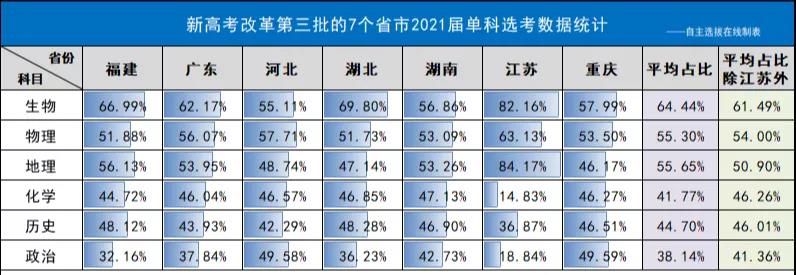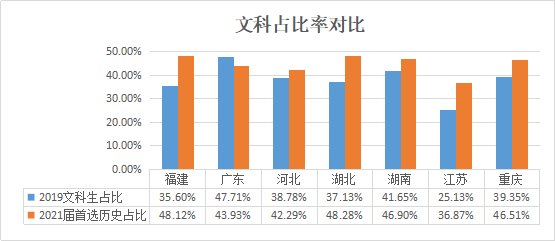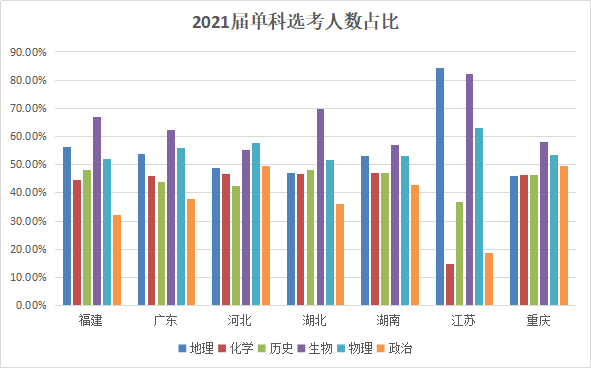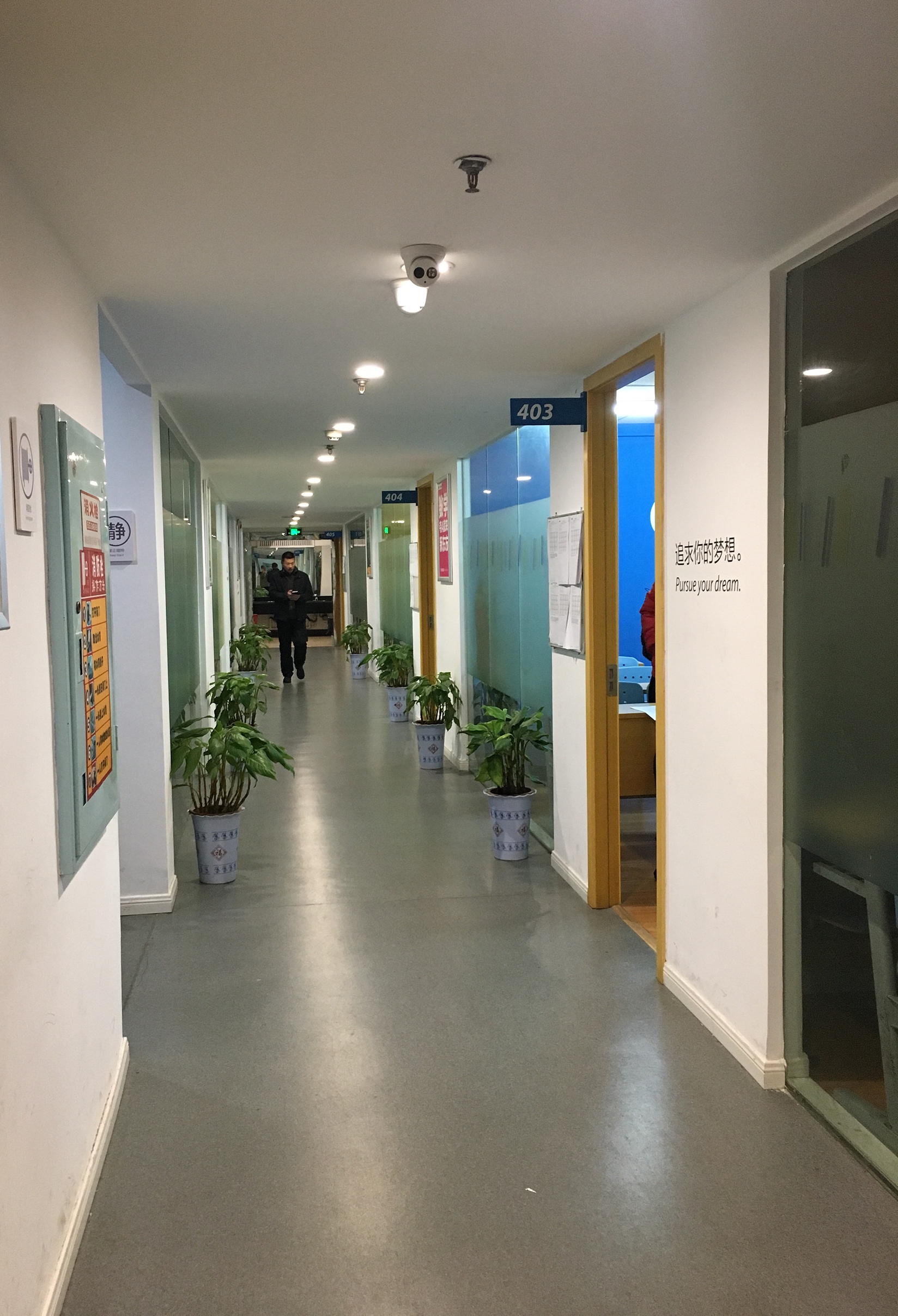导读:对于阅读理解题,如果是考细节的题目,要用题目关键词进行定位。一般来说,包括大写字母、数字、连字符、中文注释。如果没有这些,可以找一个其他题目里没有出现的名词作为关键词。找到关键词之后,就要在文章中找到这个关键词出现的句子。长沙新东方高考频道为大家准备了历年真题(六),快来练一练。
Chimps(黑猩猩) will cooperate in certain ways, like gathering in war parties
to protect their territory. But beyond the minimum requirements as social
beings, they have little instinct (本能) to help one another. Chimps in the wild
seek food for themselves. Even chimp mothers regularly decline to share food
with their children. Who are able from a young age to gather their own food.
In the laboratory, chimps don’t naturally share food either. If a chimp is
put in a cage where he can pull in one plate of food for himself or, with no
great effort, a plate that also provides food for a neighbor to the next cage,
he will pull at random ---he just doesn’t care whether his neighbor gets fed or
not. Chimps are truly selfish.
Human children, on the other hand are extremely corporative. From the
earliest ages, they decide to help others, to share information and to
participate a achieving common goals. The psychologist Michael Tomasello has
studied this cooperativeness in a series of expensive with very young children.
He finds that if babies aged 18 months see an worried adult with hands full
trying to open a door, almost all will immediately try to help.
There are several reasons to believe that the urges to help, inform and
share are not taught .but naturally possessed in young children. One is that
these instincts appear at a very young age before most parents have started to
train children to behave socially. Another is that the helping behaviors are not
improved if the children are rewarded. A third reason is that social
intelligence. Develops in children before their general cognitive(认知的)skills, at
least when compared with chimps..In tests conducted by Tomtasell, the children
did no better than the chimps on the physical world tests, but were considerably
better at understanding the social world
The cure of what children’s minds have and chimps’ don’t in what Tomasello
calls what. Part of this ability is that they can infer what others know or are
thinking. But that, even very young children want to be part of a shared
purpose. They actively seek to be part of a “we”, a group that intends to work
toward a shared goal.
1. What can we learn from the experiment with chimps?
A. Chimps seldom care about others’ interests.
B. Chimps tend to provide food for their children.
C. Chimps like to take in their neighbors’ food.
D. Chimps naturally share food with each other.
2. Michael Tomasello’s tests on young children indicate that they____.
A. have the instinct to help others
B. know how to offer help to adults
C. know the world better than chimps
D. trust adults with their hands full
3. The passage is mainly about ____.
A. the helping behaviors of young children
B. ways to train children’s shared intentionality
C. cooperation as a distinctive human nature
D. the development of intelligence in children
答案:A A C
延伸阅读:
2018高考英语天天练:历年阅读理解真题及答案1
2018高考英语天天练:历年阅读理解真题及答案2
2018高考英语天天练:历年阅读理解真题及答案3
2018高考英语天天练:历年阅读理解真题及答案4
2018高考英语天天练:历年阅读理解真题及答案5
2018高考英语天天练:历年阅读理解真题及答案7





















 京公网安备11010802021790号
京公网安备11010802021790号









 学习资料
学习资料
